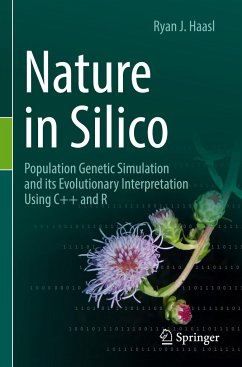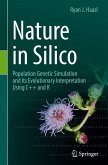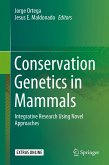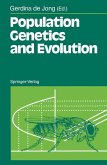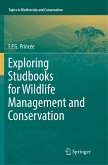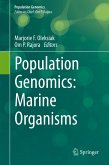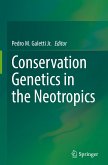Dramatic advances in computing power enable simulation of DNA sequences generated by complex microevolutionary scenarios that include mutation, population structure, natural selection, meiotic recombination, demographic change, and explicit spatial geographies. Although retrospective, coalescent simulation is computationally efficient-and covered here-the primary focus of this book is forward-in-time simulation, which frees us to simulate a wider variety of realistic microevolutionary models. The book walks the reader through the development of a forward-in-time evolutionary simulator dubbed FORward Time simUlatioN Application (FORTUNA). The capacity of FORTUNA grows with each chapter through the addition of a new evolutionary factor to its code. Each chapter also reviews the relevant theory and links simulation results to key evolutionary insights. The book addresses visualization of results through development of R code and reference to more than 100 figures. All code discussedin the book is freely available, which the reader may use directly or modify to better suit his or her own research needs. Advanced undergraduate students, graduate students, and professional researchers will all benefit from this introduction to the increasingly important skill of population genetic simulation.
